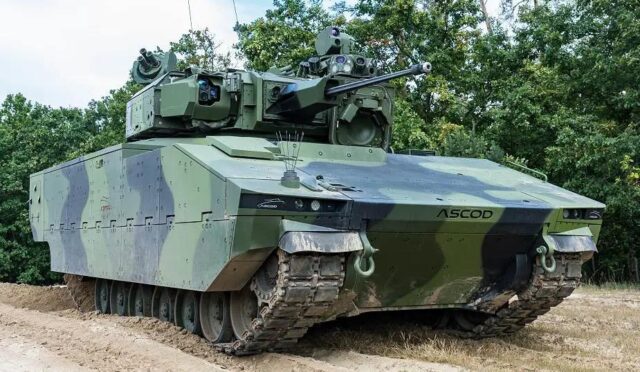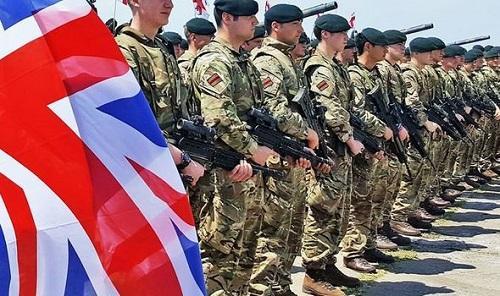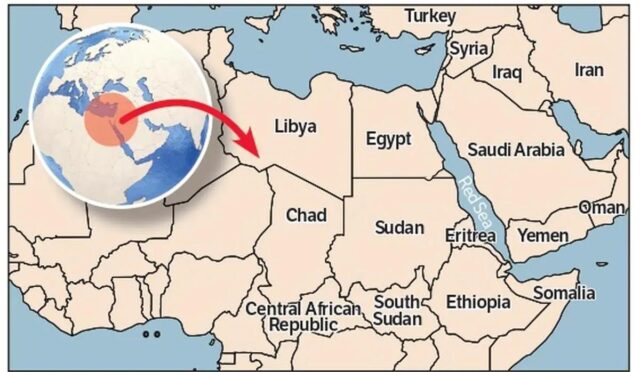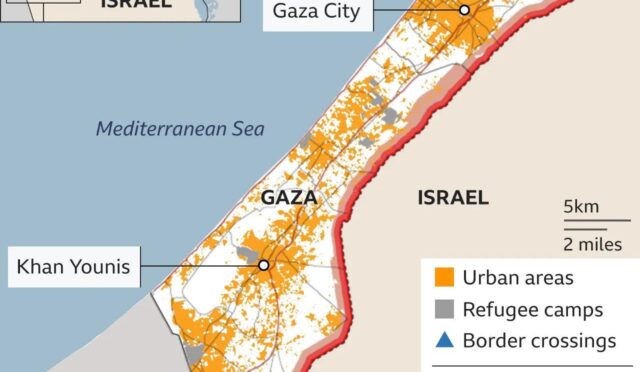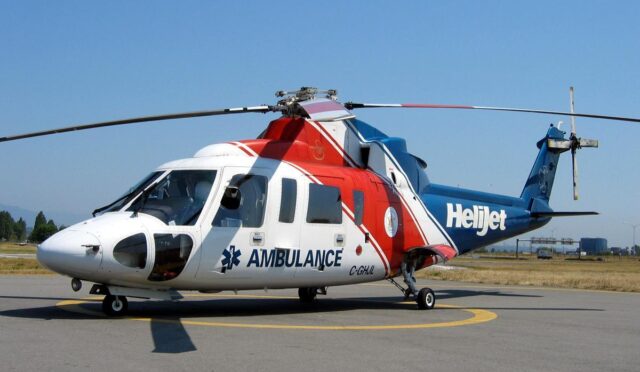Moscow Car Bombing Claims Life of Senior General Yaroslav Moskalik
An explosion erupted in a parked car in Balashikha, near Moscow, on Friday, resulting in the death of a high-ranking Russian general. The authorities have identified the victim as General-lieutenant Yaroslav Moskalik, who served as the deputy head of the military’s main operational directorate. This incident echoes earlier assassination attempts attributed to Ukraine, intensifying concerns over the ongoing conflict.
The circumstances surrounding the bombing remain under investigation, with officials emphasizing that it was a deliberate terrorist act. Maria Zakharova, spokesperson for the Russian Foreign Ministry, confirmed that the explosion involved a military figure, though details of the investigation are still unfolding. The attack is seen as part of a broader pattern of targeting military personnel linked to Russia’s actions in Ukraine.
Kyiv’s Silence and Implications of Retribution
Ukrainian authorities have yet to issue a statement regarding the incident, which bears similarities to other high-profile assassinations executed over the last three years. Some figures in Ukraine have labeled individuals like Moskalik as ‘legitimate targets,’ justifying these attacks as responses to Russia’s military offenses that have led to significant casualties on both sides.
Sergei Menyailo, a prominent Russian political figure, hinted that Ukraine could be involved in the assassination, suggesting that people like Moskalik represent targets of strategic significance. The implications of such statements highlight the escalating tensions between the two nations as the war continues.
Site of the Blast and Eyewitness Accounts
The explosion occurred outside a residential complex, and the scene was marked by devastation. Dramatic images captured the aftermath, showing the wreckage of a severely damaged Volkswagen Golf. Eyewitnesses described the explosion as powerful, with one resident, Lyudmila, recounting feelings of physical distress during the blast.
Emergency services quickly arrived at the scene, cordoning off the area as they worked to secure the site and investigate. Investigators confirmed that the explosive device was meticulously designed to maximize damage, with local media reporting that metal fragments were used within the bomb.
Link to Previous Attacks and Patterns of Violence
This incident follows a troubling trend of targeted violence against Russian military personnel linked to the ongoing conflict in Ukraine. Just months earlier, Ukraine’s secret services had claimed responsibility for the assassination of General Igor Kirillov in Moscow, which underscores a pattern of high-stakes operations aimed at undermining Russian military leadership.
Footage shared by news outlets depicted the chaos following the blast, demonstrating the precision of the attackers who detonated the improvised explosive device as the general approached his vehicle. Investigators indicated that such attacks are not only strategically significant but also reflect a broader strategy by Ukrainian forces.
Details on General Moskalik’s Background
At 59, General Moskalik had a notable career, beginning with his appointment as a general-lieutenant by President Vladimir Putin in 2021. His department played a crucial role in strategizing military operations in Ukraine, marking him as a key figure in the current conflict.
Reports suggest he was active in ceasefire negotiations as early as 2015, showing his long-standing involvement in military and diplomatic efforts. Yet, as tensions rose, he became increasingly targeted by adversaries aiming to disrupt Russia’s military framework.
Historical Context of Targeted Assassinations
The assassination of General Moskalik is not an isolated event. Previous attacks on individuals associated with Russia’s military operations, such as the car bombing of nationalist Darya Dugin and the killing of military correspondent Vladlen Tatarsky, illustrate a dangerous and escalating trend. Both incidents were publicly acknowledged or celebrated by Ukrainian officials, marking them as achievements.
Despite the increased tension and violence, Ukrainian representatives have been more reserved in their responses regarding Friday’s attack. This strategic silence could indicate a shift in tactics or a desire to assess the ramifications of their actions in the ongoing war.
Putin’s Response and Accountability
In the aftermath of such attacks, President Vladimir Putin has issued public statements urging greater accountability among security agencies. After the assassination of General Kirillov, he criticized the failures of these agencies, insisting that such serious oversights must not recur.
Putin’s calls for diligence reflect the Kremlin’s heightened focus on preventing further targeted killings and protecting its military personnel. The assassination of General Moskalik raises significant concerns within the Russian military establishment, prompting discussions on strategies to enhance security.
A Deepening Crisis in Russia-Ukraine Relations
The escalation of targeted attacks underscores a profound crisis in Russia-Ukraine relations, with both sides taking increasingly aggressive stances. As military operations intensify, so do the risks for individuals like Moskalik, who occupy significant roles in the ongoing conflict.
This incident has reopened discussions regarding the broader implications of warfare conducted through targeted violence, highlighting the grim reality faced by military leaders and operatives in this ongoing struggle.
Future Implications and Ongoing Investigations
The investigation into the bombing is still in its early stages, with authorities scrambling to identify further details regarding the perpetrators and their methodologies. Russian law enforcement is focused on uncovering links to wider terrorist organizations or operations that could threaten more military figures.
The implications of this attack extend beyond just the immediate loss of a senior general. They signal a turning point in the conflict, where the stakes are increasingly high for those involved on both sides of the war.
Conclusion: A Turning Point in Conflict Dynamics
As this investigation unfolds, the dynamics of the conflict between Russia and Ukraine continue to evolve dramatically. The killing of General Moskalik may serve as a pivotal moment, influencing military strategies and the broader geopolitical landscape.
With both nations braced for potential retaliation or further escalations, the international community watches closely, aware that each event can redefine the course of this brutal conflict.



